Special News Series: Rising Up For Justice! – Fatal Police Shootings Of Unarmed Black People Reveal Troubling Patterns
Share
Explore Our Galleries
Breaking News!
Today's news and culture by Black and other reporters in the Black and mainstream media.
Ways to Support ABHM?
Introduction To This Series:
This post is one installment in an ongoing news series: a “living history” of the current national and international uprising for justice.
Today’s movement descends directly from the many earlier civil rights struggles against repeated injustices and race-based violence, including the killing of unarmed Black people. The posts in this series serve as a timeline of the uprising that began on May 26, 2020, the day after a Minneapolis police officer killed an unarmed Black man, George Floyd, by kneeling on his neck. The viral video of Floyd’s torturous suffocation brought unprecedented national awareness to the ongoing demand to truly make Black Lives Matter in this country.
The posts in this series focus on stories of the particular killings that have spurred the current uprising and on the protests taking place around the USA and across the globe. Sadly, thousands of people have lost their lives to systemic racial, gender, sexuality, judicial, and economic injustice. The few whose names are listed here represent the countless others lost before and since. Likewise, we can report but a few of the countless demonstrations for justice now taking place in our major cities, small towns, and suburbs.
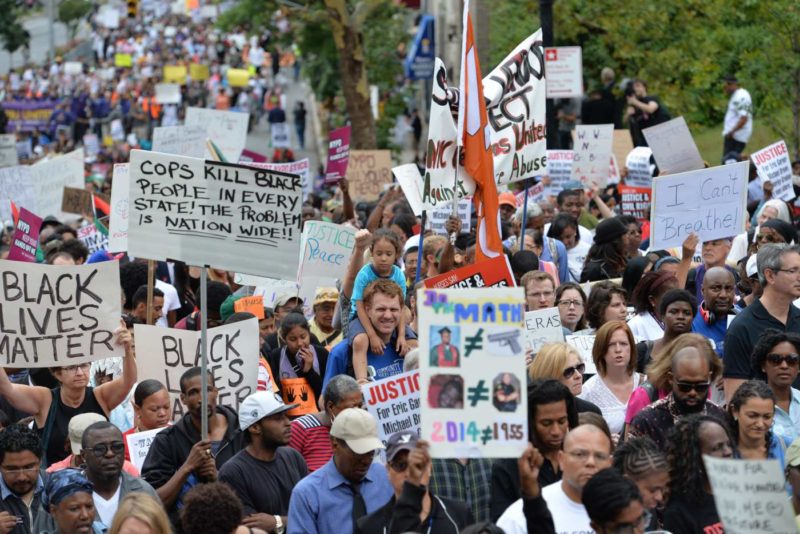
To view the entire series of Rising Up for Justice! posts, insert “rising up” in the search bar above.
Fatal Police Shootings Of Unarmed Black People Reveal Troubling Patterns
US police have killed 135 unarmed Black people since 2015.
By Cheryl W. Thompson, NPR
January 25, 2021
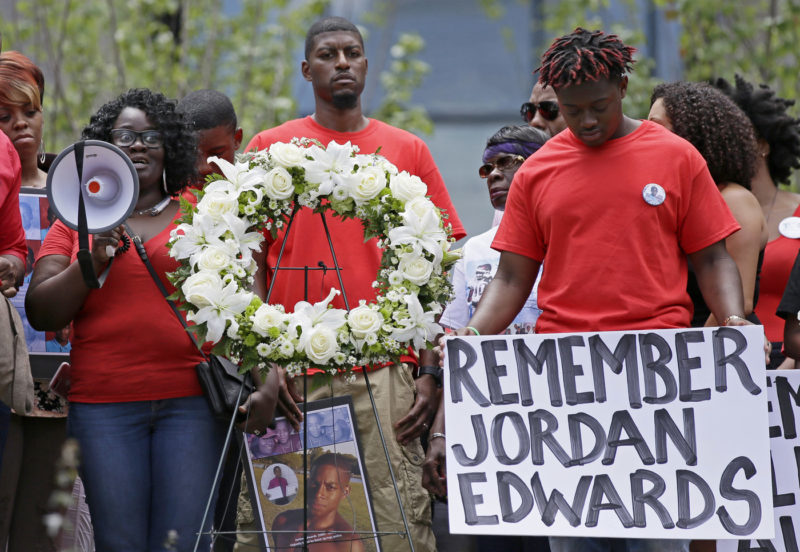
…The deadly shootings of unarmed Black men and women by police officers in the U.S. have increasingly garnered worldwide attention over the last few years. The 2014 killing of Michael Brown in Ferguson, Mo., sparked a week of protests that catapulted the Black Lives Matter movement into the national spotlight. Since then, tens of thousands of people across the country have taken to the streets to protest police brutality of Blacks by mostly white officers.
Since 2015, police officers have fatally shot at least 135 unarmed Black men and women nationwide, an NPR investigation has found. NPR reviewed police, court and other records to examine the details of the cases. At least 75% of the officers were white. The latest one happened this month in Killeen, Texas, when Patrick Warren Sr., 52, was fatally shot by an officer responding to a mental health call.
For at least 15 of the officers, such as McMahon, the shootings were not their first — or their last, NPR found. They have been involved in two — sometimes three or more — shootings, often deadly and without consequences…
Not every law enforcement agency releases detailed information about police shootings. The Los Angeles County Sheriff’s Department and the Kansas City, Mo., Police Department, for example, refused to release specifics such as officer names or their race, citing open investigations.
Still, NPR reviewed thousands of pages of job applications, personnel records, use-of-force reports, citizen complaints, court records, lawsuits, news releases, witness statements and local and state police investigative reports to examine the backgrounds of the officers and analyze details of each shooting. We also interviewed use of force experts, criminologists, police, lawyers, prosecutors and relatives of victims.
Read the full article here.
More Breaking News here.
Explore the ABHM galleries here.
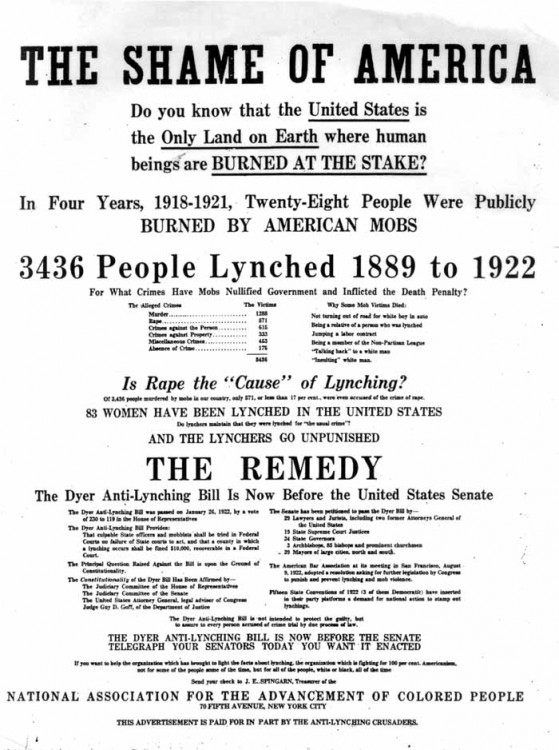
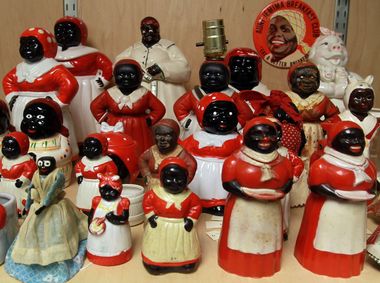
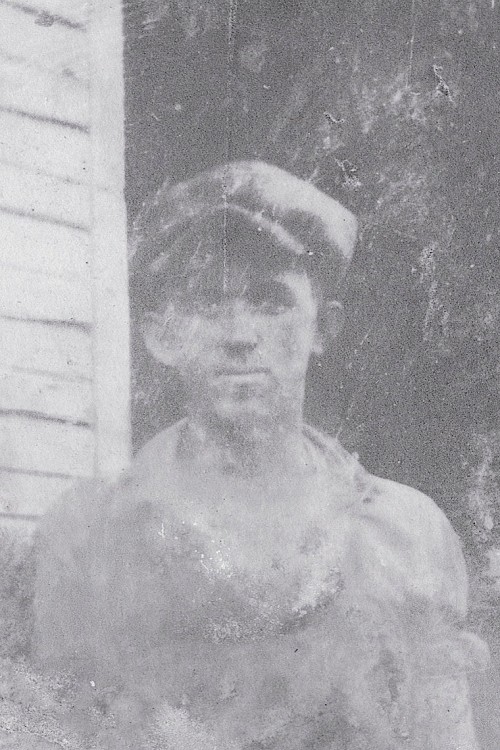
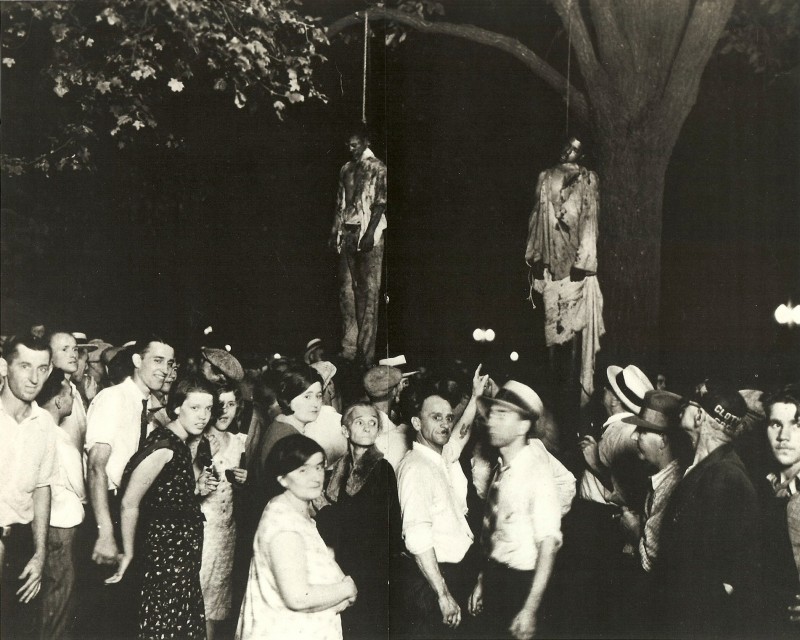
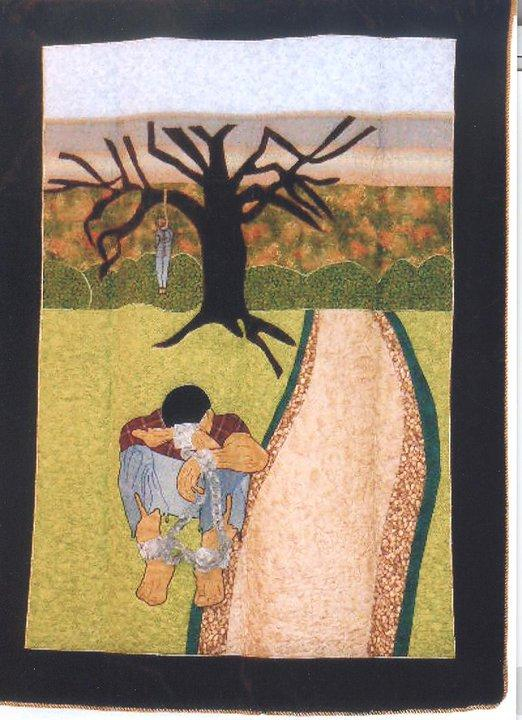

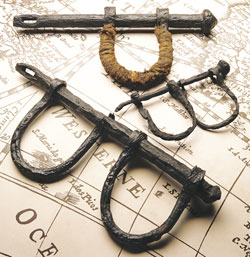

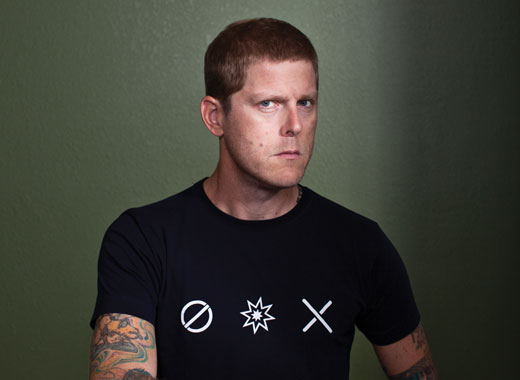
Comments Are Welcome
Note: We moderate submissions in order to create a space for meaningful dialogue, a space where museum visitors – adults and youth –– can exchange informed, thoughtful, and relevant comments that add value to our exhibits.
Racial slurs, personal attacks, obscenity, profanity, and SHOUTING do not meet the above standard. Such comments are posted in the exhibit Hateful Speech. Commercial promotions, impersonations, and incoherent comments likewise fail to meet our goals, so will not be posted. Submissions longer than 120 words will be shortened.
See our full Comments Policy here.